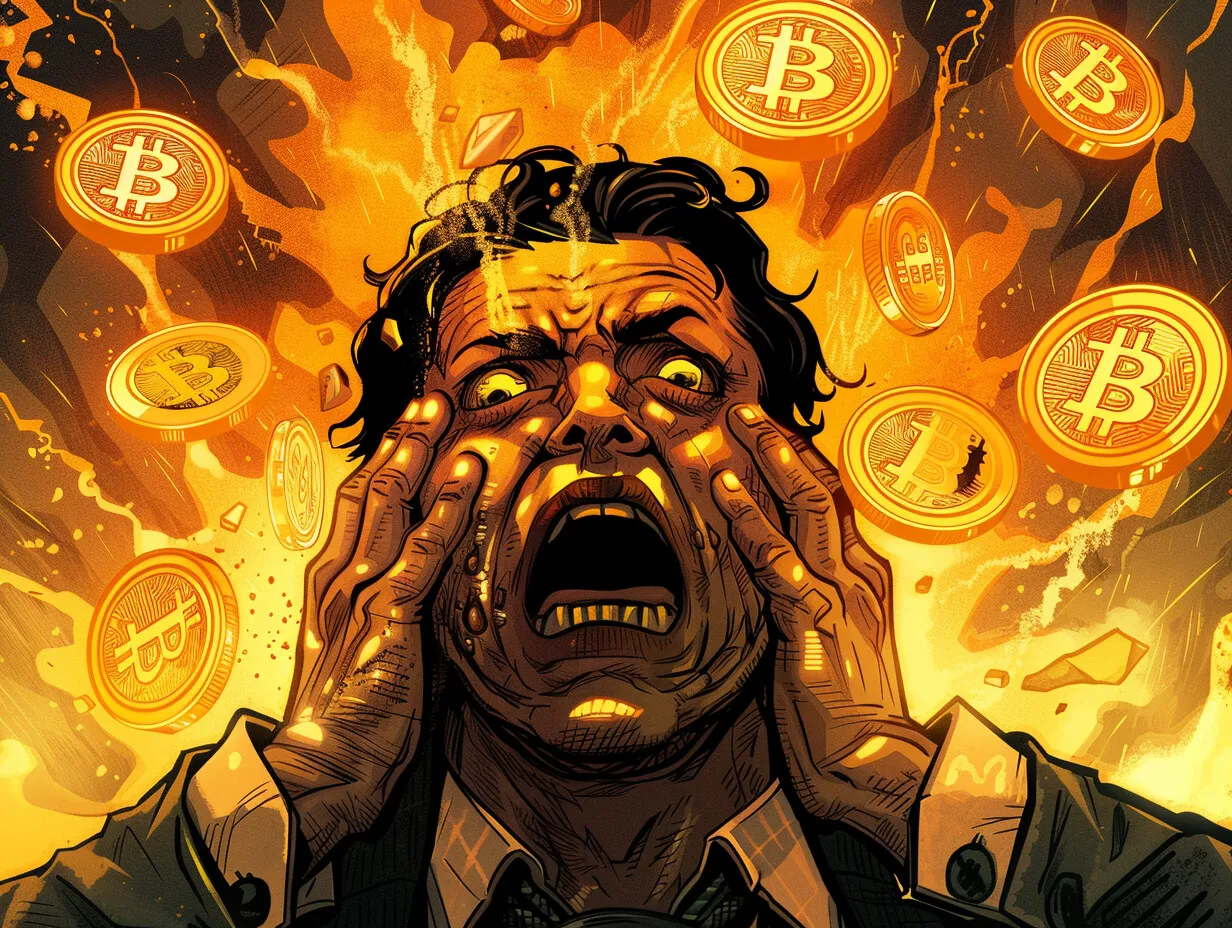The potential for a significant financial event similar to the ‘Lehman moment’ in China is becoming more pronounced, driven by the escalating shadow banking crisis within the nation.
Chris Wood, a global strategist at Jefferies, has raised concerns about the increasing risk of a significant financial event similar to the ‘Lehman moment’ in China. This apprehension arises within the context of a deepening shadow banking crisis within the nation. In his ‘Greed & Fear’ newsletter, Wood highlighted that the recent news regarding Chinese asset manager Zhongzhi Enterprise’s failure to meet interest payments on wealth management products could set a precedent for others to follow suit if property sales continue to decline. That would further amplify financial pressures on private-sector developers. Wood also expressed that Chinese equities appear caught in a value trap.
The Wall Street Journal has also reported on the possibility of a “Lehman Moment” in China, indicating a potential financial crisis. In support, economist Pert Onge mentioned on X that the Chinese economy is grappling with stagnation and a surge in youth unemployment. Additionally, there’s a significant risk associated with approximately $5 trillion in debt held by homebuilders. As a response, the government has directed banks to support the yuan’s value and halt selling stocks and bank assets to stabilize struggling markets. Amidst these developments, various government statistics have been disappearing, contributing to uncertainty.
China’s property sector has a global effect
Recent developments have indicated that vulnerabilities within the property sector in China are influencing global sentiment. The FTSE All-World Index, which serves as a measure of global stocks, faced its most challenging week since the US banking crisis in March. Concurrently, foreign outflows from Chinese equities reached a prolonged stretch of net selling, marking their longest streak since Bloomberg began tracking the data in 2016.
A noticeable shift has occurred in the market’s commentary concerning China. JPMorgan noted that a default by Country Garden could prove to be the “final nail in the coffin” for China’s high-yield property sector. Bank of America also raised concerns about the global markets being spooked by the risk of a China-related “credit event.”
Gavekal Research even went so far as to express the worry that a potential “Lehman moment” might be looming. Despite the significance of the risks present in China’s real estate sector, they said it’s important not to exaggerate their impact on the global markets or the subsequent response from Beijing. Furthermore, they added that the impact of China’s property crisis on Wall Street should not be overstated. The recent global stock sell-off was primarily driven by a substantial increase in bond yields worldwide. That was due to investors coming to terms with the realization that interest rates are expected to remain elevated longer than initially anticipated.
Bank of America’s latest survey of global fund managers revealed that China wasn’t even listed among the most significant “tail risks” in the markets. Intriguingly, respondents regarded US commercial property as a more probable source of a “systemic credit event” than Chinese real estate.
China’s control over borrowing of property developers
In August 2020, China introduced the “Three Red Lines” policy to control the substantial borrowing of property developers. This policy limited the number of new loans these developers could secure annually. Wood observed that although Chinese President Xi Jinping’s anti-corruption campaigns have garnered popular support, they have also dampened entrepreneurial enthusiasm.
Furthermore, Wood pointed out that last year’s Covid-related lockdowns dealt a significant blow to the confidence of the property-owning middle class. This situation raised a crucial question about whether the fundamental structure of China’s command economy model has suffered lasting damage.
Despite some relaxation of the “Three Red Lines” policy, the positive impact of this easing was countered by the lockdowns, resulting in the most substantial downturn in the residential property market since its privatization in the mid-1990s, as stated in the Greed & Fear newsletter.
In this context, Wood suggested that for those who believe that China is experiencing a ‘balance sheet recession,’ the recommended strategy involves investing in a dividend index and positioning in the longer-term segment of the government bond market.





